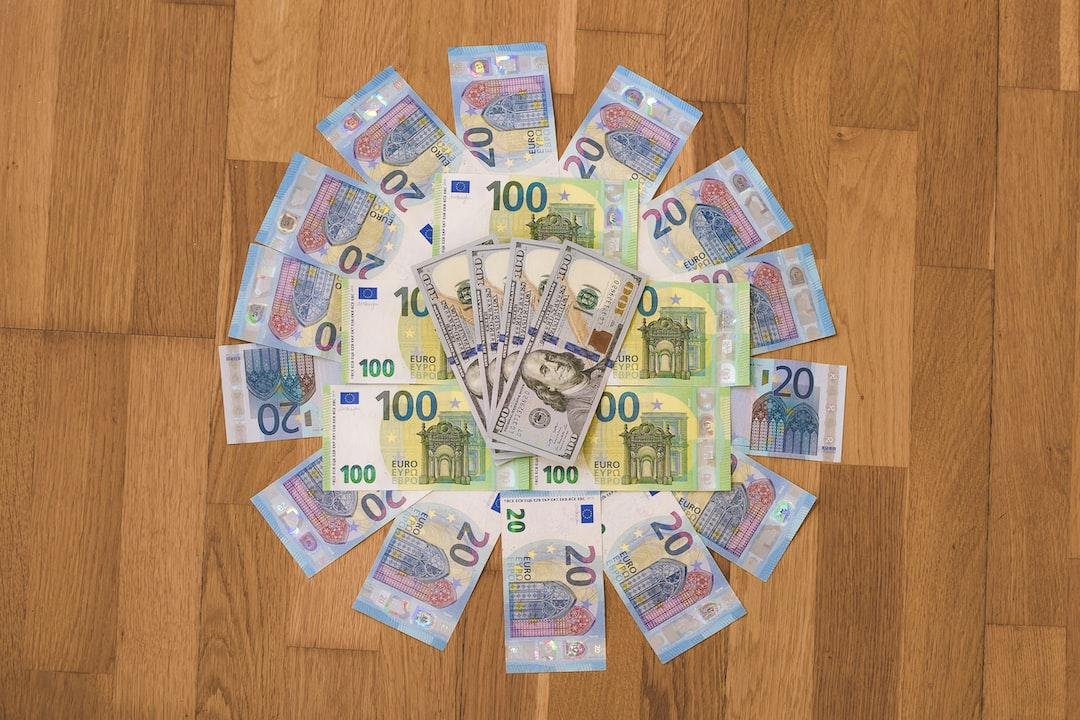OpenSea, the nonfungible tokens (NFT) trading platform, has introduced support for the ERC-721C token standard, allowing creators to establish and enforce royalties. This new feature enables creators on OpenSea to easily enforce earnings with just one click. The ERC-721C token standard was developed by Limit Break, a blockchain gaming company, in May last year to address the issue of NFT wash trading. This standardizes token transfer conditions, including royalties, across various channels. Prior to the introduction of this standard, users could bypass creator royalty commissions on secondary markets by transferring NFTs through self-custody wallets or other marketplaces that did not honor royalty requirements.
The introduction of ERC-721C aims to discourage the incentivization of zero-fee, royalty-optional trading and the practice of wash-trading NFTs, which negatively impacts the NFT industry. OpenSea developers have indicated that compatibility for ERC-721C was made possible by the Dencun upgrade on the Ethereum network in March. Sales enforcing creator earnings will only be supported on OpenSea and other marketplaces powered by LimitBreak’s Payment Processor. However, creators can still manually list their digital artwork on other platforms, with OpenSea matching the lowest royalties set by the creator on those platforms.
The new feature is also compatible with OpenSea’s Seaport 1.6, which allows NFTs to be sold under specific conditions, such as changing metadata in response to sales volume. While NFT royalties are largely determined by the creator, they typically range from 2.5% to 10% per sale. The top 10 NFT collections have earned a total of over $345 million in royalties since their inception.
Related: NFTs are comparable to nightclubs; crypto is a volatile religion.

